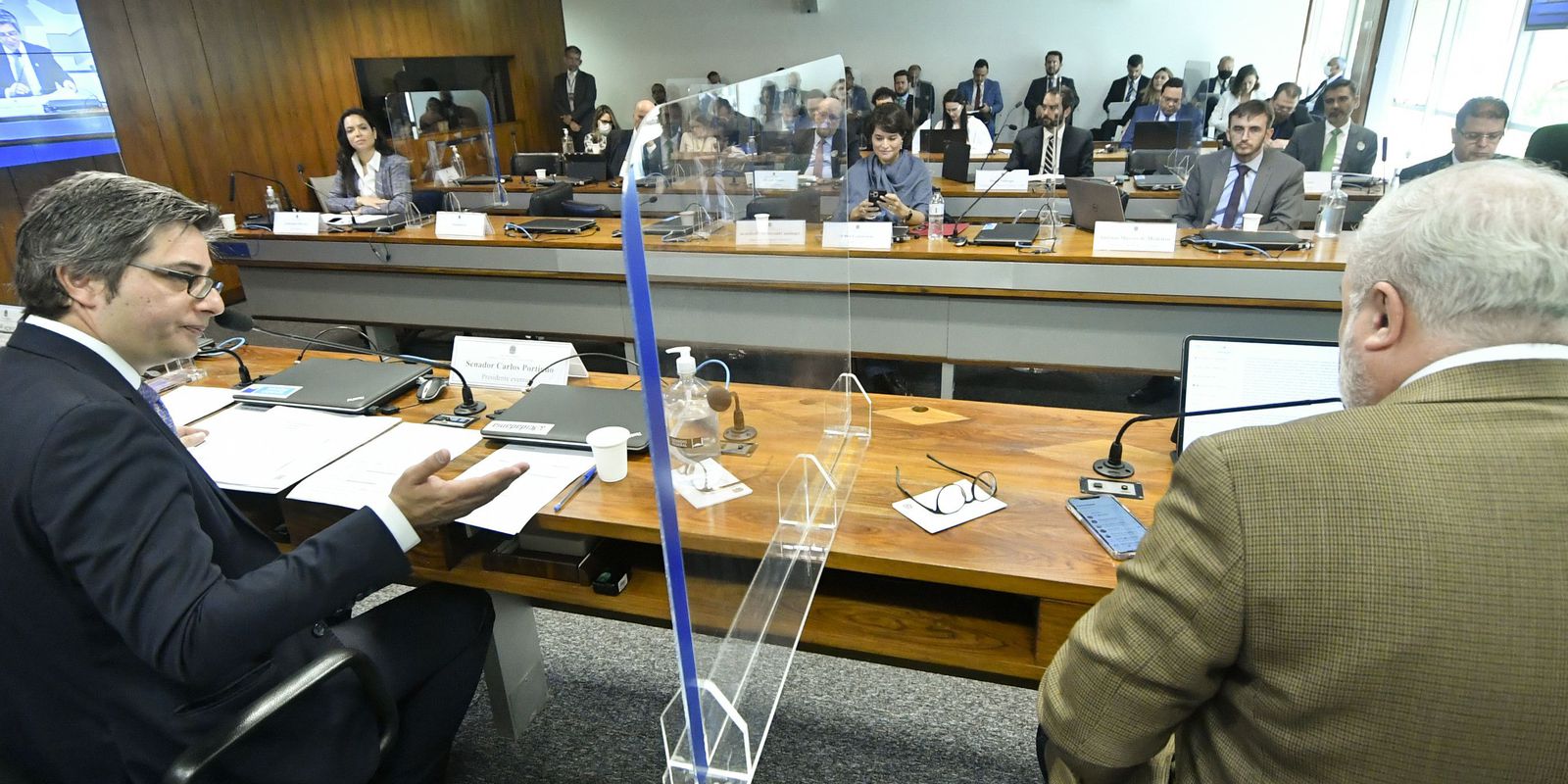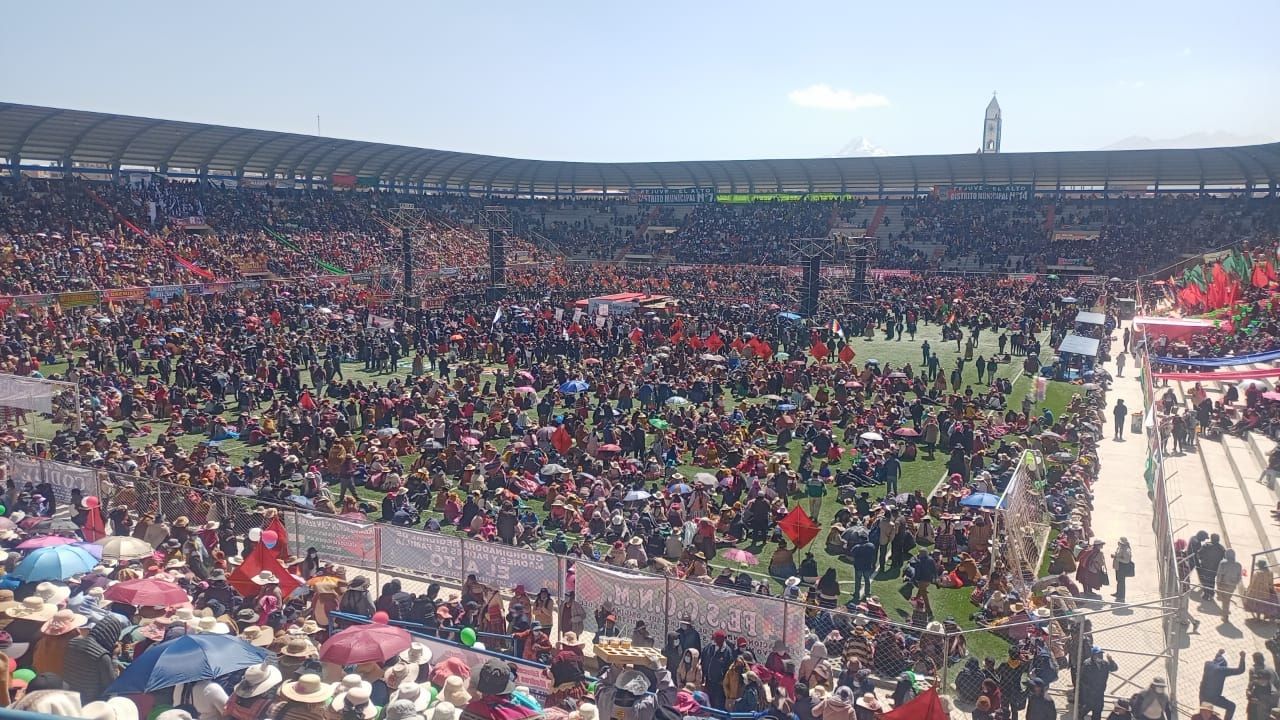Senators and experts defended this Monday (9) the approval of the bill that regulates the production of energy on the high seas. The topic was discussed at a public hearing by the House’s Infrastructure Commission (CI).
Authored by Senator Jean Paul Prates (PT-RN), the project defines granting rules for the use of offshore energy potential. The measure applies to projects located off the Brazilian coast, such as the territorial sea, the continental shelf and the Exclusive Economic Zone (ZEE).
The project also establishes guidelines giving powers to the regulatory body and agents to choose their priorities, according to the political guidelines of a government plan.
The public hearing was attended by government and private sector representatives. According to Gabriela Oliveira, Shell’s Renewable Energies Development manager, Brazil is among the four countries considered a priority for investments in onshore renewable energy (generated on land).
“With the consolidation of our regulatory framework, I hope that Brazil is also one of the priority countries for offshore investment. Offshore wind potential should be seen as a new energy source for Brazil. A clean source, which enables various end uses of energy. Not only electric, but also green hydrogen and renewable ammonia,” he said.
Ocean Winds’ Business Development manager, José Partida Solano, defended that the legislation should take into account investments already made by private companies and that the Union’s remuneration – originally foreseen from 3% to 5% – be limited to 1% or 1 .5%.
The director of Offshore Wind Power at Equinor for Brazil and Latin America, André Leite, said that the Norwegian company should apply half of the planned investments until 2030 in renewable energy projects and in decarbonization. He defended that the Brazilian legislation does not burden “in advance” the companies interested in investing in the offshore segment.
“Only in offshore wind, there will be 23 billion dollars to be invested in the next five years [em todo o mundo]. Brazil has great potential. It would be ideal to link the remuneration of the Union to the success of the enterprise. Encumbering a venture in advance, without having a clear vision of its profitability, can inhibit the participation of companies that know the complexity, costs and risks of this market”, he said.
Lawyer Diogo Pignataro, representative of the Brazilian Institute of Energy Transition, recalled that the transition to clean sources of energy “is a global agenda”. For him, Brazil can come out ahead if it develops safe and stable laws for the sector.
“Renewable energy through offshore wind is the one with the greatest potential for decarbonization per megawatt installed. The world will need to deploy offshore wind to replace fossil fuel-based generation. Now in Brazil we need concrete political structures, well-defined and stable rules. A stable environment for its development”, he said.
The representative of the Ministry of the Environment, Eduardo Wagner da Silva, recalled that the Brazilian Institute for the Environment and Renewable Natural Resources (Ibama) began analyzing the first processes for generating offshore energy in 2017. Since then, the number of open orders at the agency jumped from seven to 54.
According to Marcello Nascimento Cabral, assistant secretary of the Energy Planning and Development Department of the Ministry of Mines and Energy (MME), there is already regulation on the subject in Brazil.
“When the MME started designing regulation for offshore, the first question we asked ourselves was: do we need a law? After several meetings, we understood that in fact the law would not be necessary to start, to take the initial step. After the decree was published, the market responded quickly and positively. There was an increase of 40 gigawatts [em processos abertos] at IBAMA for more than 130 gigawatts. This demonstrates the importance of the topic and the receptivity that the market had with the decree,” he said.
For Senator Jean Paul Prates, the Decree 10,946edited by the Executive Power in January, which deals with the use of natural resources in the territorial sea, in the exclusive economic zone and on the continental platform from offshore ventures, “much more confuses than helps”.
“The decree creates a provisional, precarious, bureaucratic, fragile and contestable environment. The industry itself should discuss this more seriously, and not be blown away by the speed of the process. Let’s regulate a relationship of 50 to 100 years. We cannot open the sector next year with two different types of grants. The decree is a lame, weak regulation. Whoever invests in it will be at high risk,” he said.
* With information from the Senate Agency









